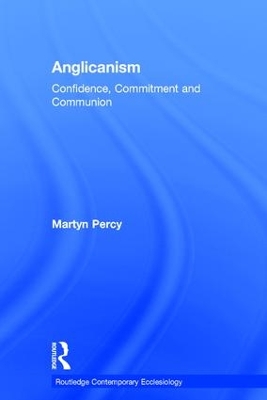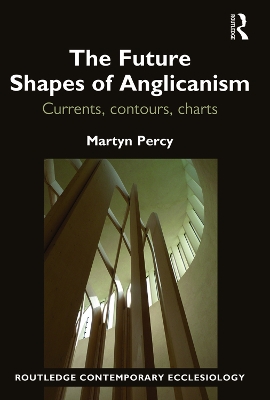Routledge Contemporary Ecclesiology
2 total works
To many people, the Church of England and worldwide Anglican Communion has the aura of an institution that is dislocated and adrift. Buffeted by tempestuous and stormy debates on sexuality, gender, authority and power - to say nothing of priorities in mission and ministry, and the leadership and management of the church - a once confident Anglicanism appears to be anxious and vulnerable. The Future Shape of Anglicanism offers a constructive and critical engagement with the currents and contours that have brought the church to this point. It assesses and evaluates the forces now shaping the church and challenges them culturally, critically, and theologically.
The Future Shape of Anglicanism engages with the church of the present that is simultaneously dissenting and loyal, as well as critical and constructive. For all who are engaged in ecclesiological investigations, and for those who study the Church of England and the wider Anglican Communion, this book offers new maps and charts for the present and future. It is an essential companion and guide to some of the movements and forces that are currently shaping the church.

